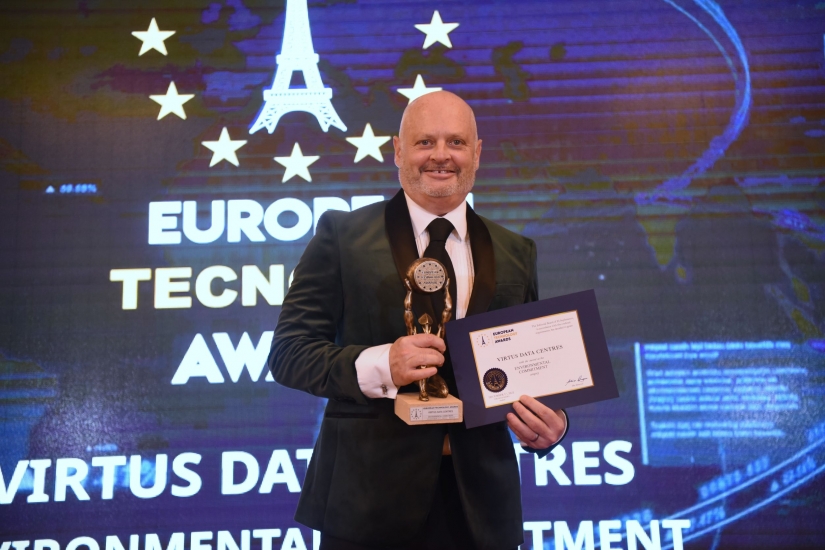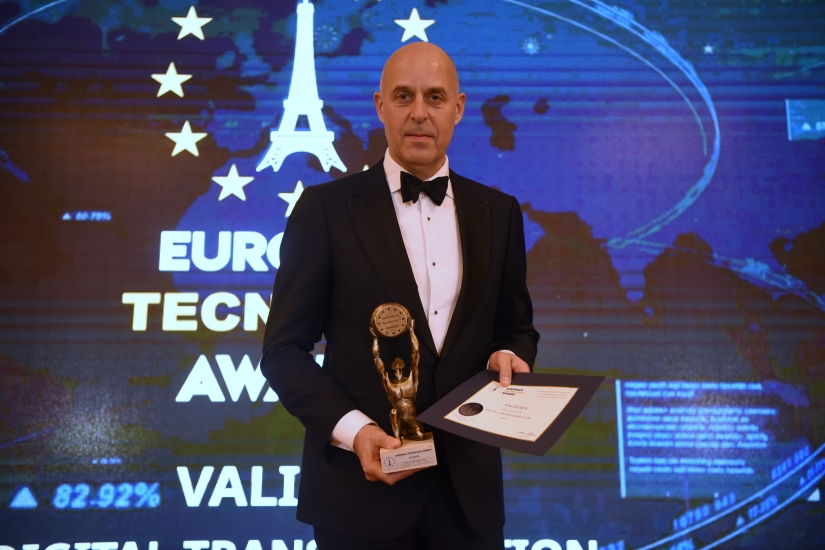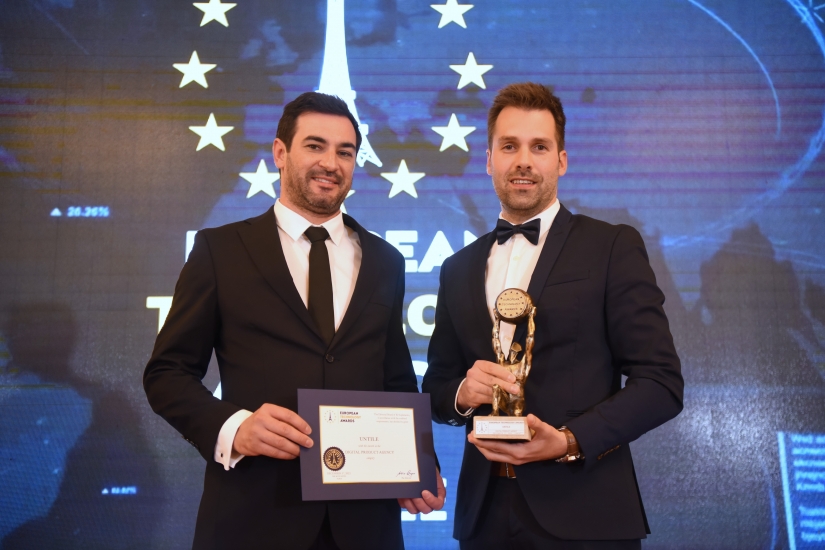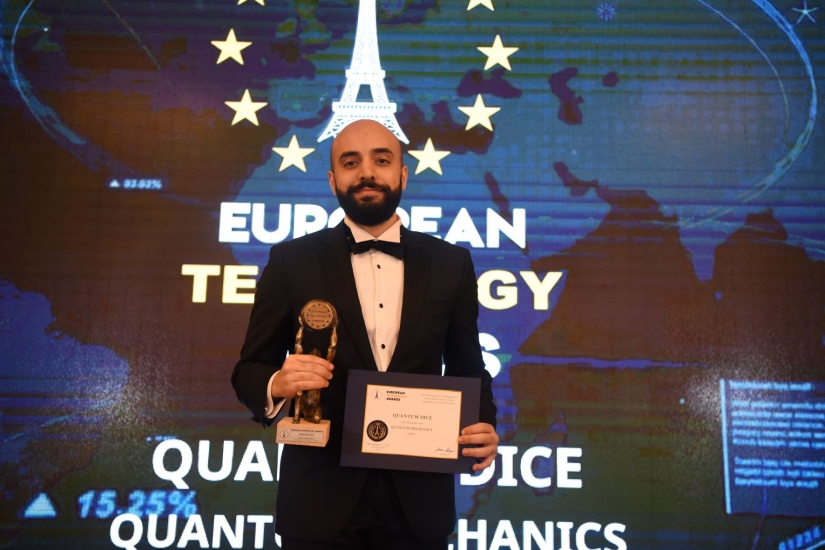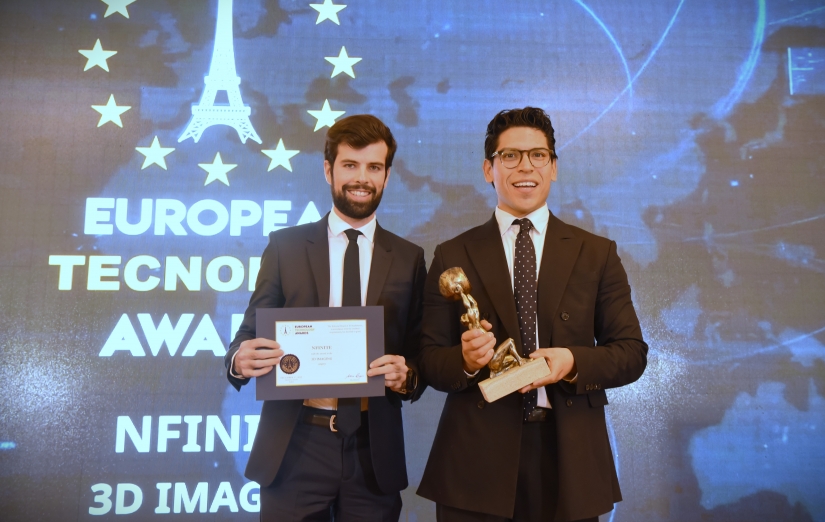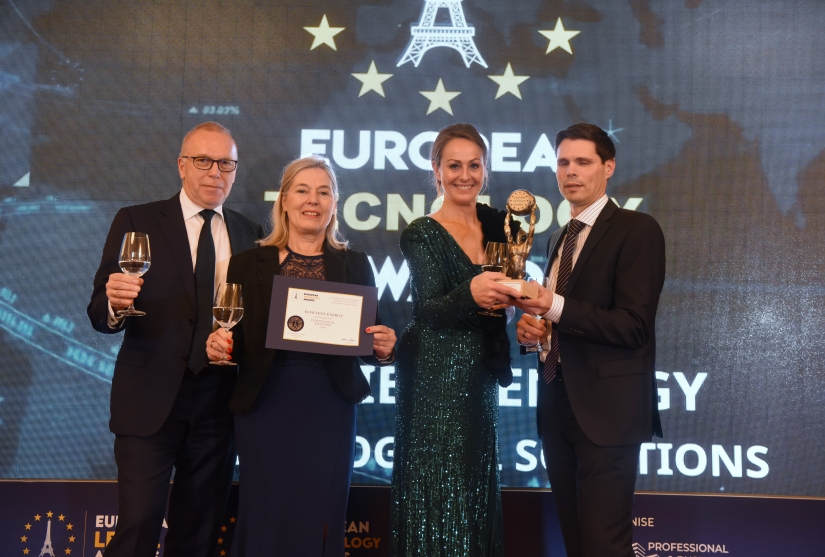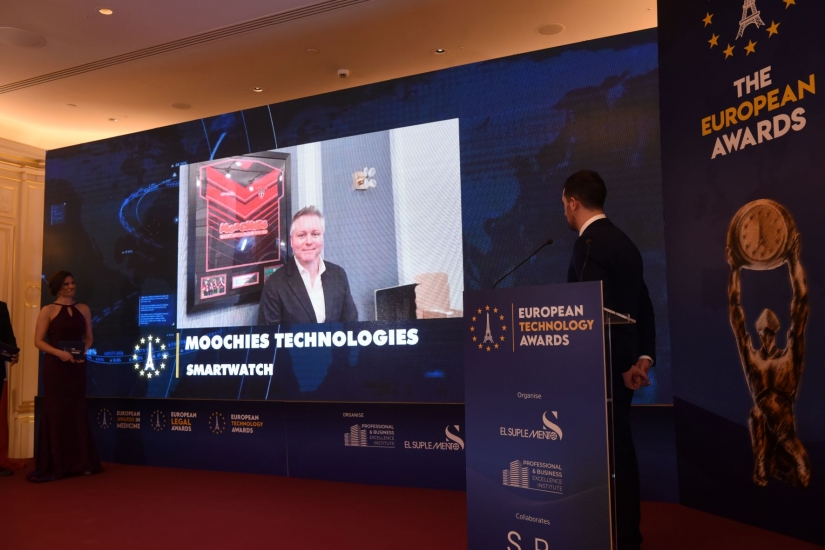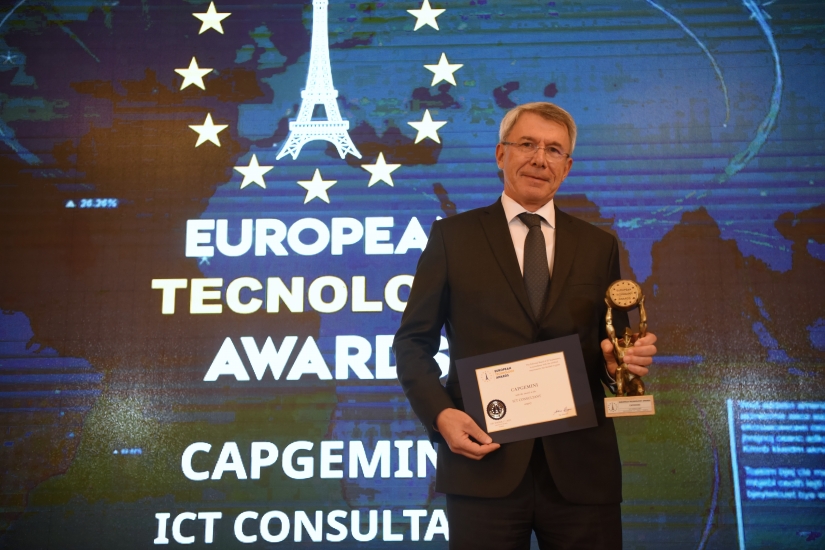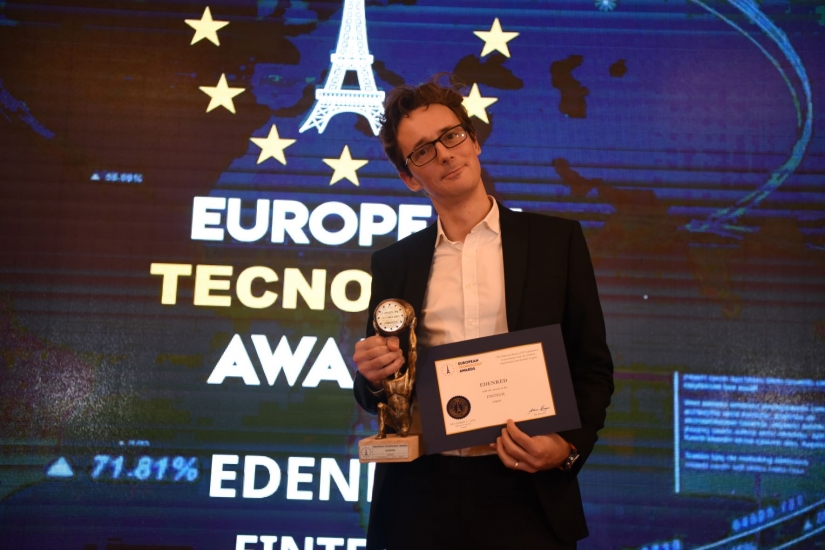Automated and non-destructive solutions to optimize production processes

Ibon Iribarren, CEO
LINQ is a Spanish start-up born in 2018, promoted by a group of entrepreneurs and the Ceit technology centre in San Sebastián, Spain, with the aim of becoming the ideal partner for the optimization of production and maintenance processes in the advanced manufacturing sector.
The company provides solutions of high technological value, based on different electromagnetic techniques. It has the most advanced digital tools and develops monitoring software to increase effective production in the industry, achieving zero defects. LINQ’s non-destructive methods detect mechanical properties of industrial pieces, such as their hardness, depth of the treated layer, yield stress...; as well as certain manufacturing defects that include cracks, grinding burns, etc.
With this innovative method, the start-up has reinvented the sector. Until now, the process of verifying the mechanical properties of metal parts was done by randomly selecting parts from the production line. The selected parts were destroyed to assess their quality. Using LINQ’s electromagnetic techniques, grinding burns, mechanical and hardening properties, surface defects, cracks, etc. can be identified without altering the inspected part. This allows significant savings for companies in the sector, especially in areas such as automotive, household appliances or wire manufacturing.
The innovation in its non-destructive solutions has aroused great interest in the industry and the start-up, which already has 14 employees, has built great prestige in a sector that is in initial phase of growth and development in the global market.
LINQ products are also designed to run 24 hours a day, 7 days a week and are built to work in highly demanding production environments. Its robustness does not compete with its simplicity, since the company strives to make all its products intuitive and easy to use.
LINQ seeks to maximize the availability and performance of its clients’ equipment, optimizing its cycle times, increasing the productive capacity of its production lines and automating processes so that the human team dedicates itself to value-added tasks.







